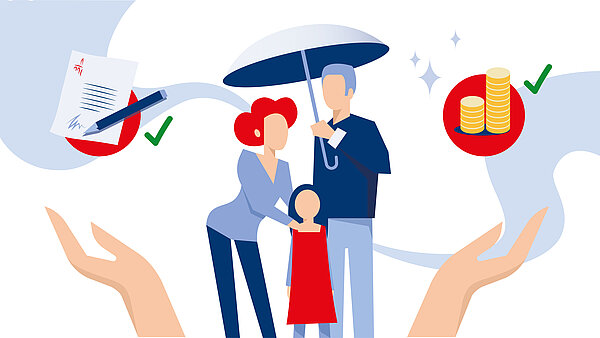23rd February 2023
Sophie and Marc's adventures
Tax returns promise to be easier with the Tax Area in S-Net
Every year it’s the same old story: Marc starts very early to gather all the documents to make his tax return, but when it comes to collecting Sophie’s documents, it's a real headache! Let's just say that we do not all have the same organisational qualities and that when organisation is one of our strong points, it is difficult to remain patient with a more “carefree” person like Sophie. Admittedly, opposites attract, but for the benefit of their couple, Spuerkeess has put in place a safe deposit box in the new Tax Area in S-Net Desktop, which will make life easier for them and also their couple! Read on to find out more ...




![[Translate to English:] [Translate to English:]](/fileadmin/_processed_/4/6/csm_espace-fiscal-s-net-233_140d8f0cb7.jpg)
![[Translate to English:] [Translate to English:]](/fileadmin/_processed_/3/9/csm_244__S_M__MyTax_db0e64524b.jpg)
![[Translate to English:] [Translate to English:]](/fileadmin/_processed_/7/0/csm_06_Portrait_Charles_Pletsch_Interview_e96581c4c5.jpg)
![[Translate to English:] [Translate to English:]](/fileadmin/_processed_/d/9/csm_246__Portrait__Jonathan_Marroyen__Interview_498dc497b3.jpg)




